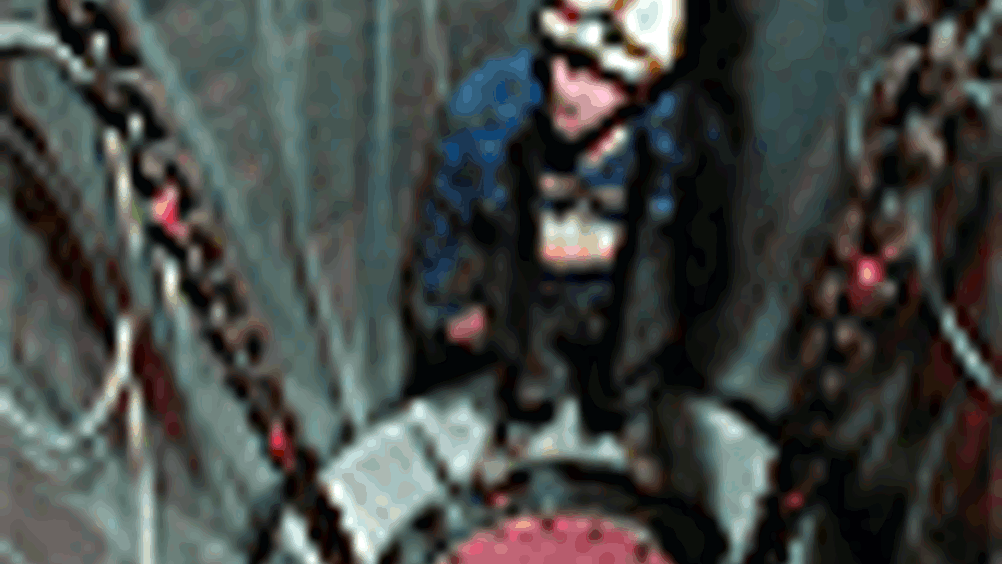Plugging radioactive leaks
Scientists in England and the US have laid the foundations for a method of containing radioactive waste that would not leak for thousands of years.

Scientists have laid the foundations for a method of containing radioactive waste that would not leak for thousands of years.
A joint team, from the University of Cambridge and the Pacific Northwest National Laboratory (PNNL) in the US, has begun to devise ways to measure the effectiveness of storing radioactive waste in different crystal forms.
These tests could be used to develop a method of storing highly radioactive elements that would only begin to leak thousands of years into the future. By then most of the radioactivity would have decayed.
As well as making the storage of the waste safer, the process could also end up saving governments huge quantities of money. Earlier this year, Britain announced plans to bury its nuclear waste stockpile – about 470,000 cubic metres of radioactive waste – hundreds of metres beneath the earth’s surface. Read The Engineer's article on the subject here.
At the moment, doing so would necessitate the selection of a site which had sufficiently stringent geological features to withstand any potential leakage at a cost of billions of pounds. In the United States, $7bn has already been spent researching the viability of the Yucca Mountain burial site. Questions about its safety still remain, and the project is expected to cost between $50bn and $100bn in total.
Register now to continue reading
Thanks for visiting The Engineer. You’ve now reached your monthly limit of news stories. Register for free to unlock unlimited access to all of our news coverage, as well as premium content including opinion, in-depth features and special reports.
Benefits of registering
-
In-depth insights and coverage of key emerging trends
-
Unrestricted access to special reports throughout the year
-
Daily technology news delivered straight to your inbox










British Steel Signs Five Year Deal With Network Rail
It was all very well to pass emergency legislation which amounted to a ´command economy´ for the industry (directors could be ordered to continue the...